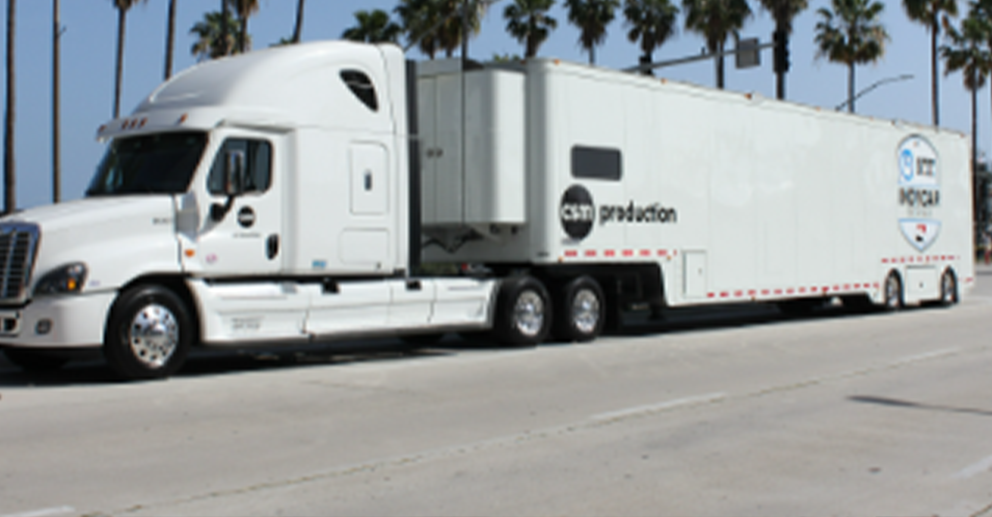GPS toll-collection systems are a quick and effective method for toll collection and are increasingly the favored option for toll-booths on freeways etc. It saves both time and money, while enhancing driver experience.
Why electronic toll collection is preferable for drivers?
Electronic toll collection is very convenient for drivers as it takes out a lot of stress for long road trips. They don’t have to worry about wasting time queuing up or finding exact change for the toll booth. The system can use a vehicle-mounted transponder that is activated by an antenna and is most commonly operated by Radio Frequency Identification (RFID). There are other ways of electronically collecting tolls without a transponder on the windshield as some electronic toll systems are able to record the license plate and automatically send the toll bill to the registered vehicle owner. Smart apps have been developed to help collect toll fees and provide new channels for toll collection.
How to enhance driver experience via fleet management software?
Deploying modern GPS-enabled fleet management software is necessary to communicate with the modern virtual, GPS-enabled toll booths. The massive data available also allows fleet managers to continually improve their operations and benefit immensely across reduced toll-costs, reduced operating costs, and better safety.
Flexibility of payments
As mentioned above, drivers don’t have to queue up for cumbersome cash transactions since charges are automatically deducted from the account that is registered against a vehicle. This provides more control over tax audits, provides more convenience to organizations.
Emission control
Eliminating traffic congestion also eliminates vehicle idling, acceleration and its associated harmful vehicular emissions. While this may impact only the immediate toll-booth areas, every little bit helps in reducing our carbon footprint.
Tracking expenses
The growing adoption of GPS tracking toll collection systems is a boon for fleet management systems in managing their operating costs. Toll crossing fees, penalties, violations, and associated legal charges (etc.) often become a significant drain for fleet Management Service companies. Thanks to the advanced data capacity of modern fleet management systems, fleet managers can now track these costs at various hierarchical levels such as client, vehicle, drivers, routes, etc. This brings accountability and enables managers to manage their costs. Fleet managers then study this data to generate insight in regards to tolls paid per vehicle, fines per driver, client route costs, and so on, which helps to plan for cost-optimization.
Reduced commute times and fuel costs
Since vehicles don’t have to stop at a toll facility, the feared traffic bottleneck at toll booths is a thing of the past and traffic can quickly pass through these virtual checkpoints. There is elimination of idling, acceleration and deceleration, etc. in such a system saves fuel, which forms a significant part of vehicle operating cost.
Anstel’s GPS-enabled fleet management software can track toll costs and manage operating expenses, which enhances driver experience by eliminating waiting times at toll booths that often contribute to delays and later leads to driver fatigue and reckless driving that causes accidents. Better traffic and route management directly improve safety stats.

 Global
Global Australia
Australia India
India





Write a comment
Your email address will not be published. All fields are required